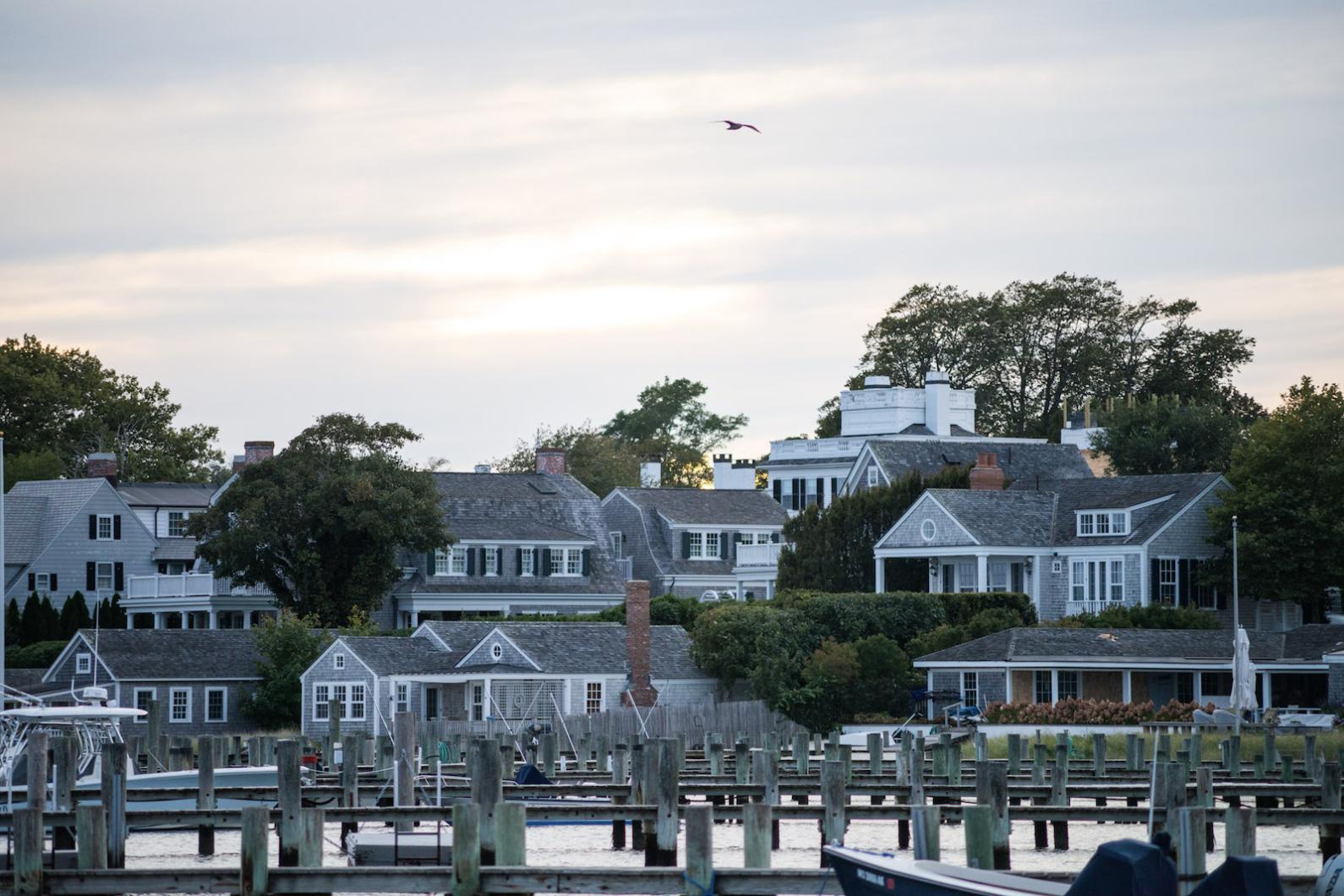A new form of timeshare called fractional ownership has Island towns reexamining their zoning bylaws in an attempt to preserve the Vineyard’s dwindling housing stock.
Edgartown and Tisbury have both recently proposed measures to curtail fractional ownership, limiting the practice to business districts and prohibiting it outright in residential areas.
The Edgartown planning board held a public hearing Tuesday on proposed amendments to the town’s existing timeshare bylaw and recommended they go to special town meeting this fall. Edgartown is the only Island town with existing timeshare restrictions so the proposed change would only amend prior language to include fractional ownership.
Tisbury voters will decide on new timeshare and fractional ownership bylaw language at their April 25 town meeting.
Martha’s Vineyard Commission housing planner Laura Silber first called attention to the phenomenon earlier this year, watching the model gain popularity in similar resort communities.
Using fractional ownership, investment companies are able to list prospective vacation homes in sought-after areas, invite individuals to purchase and share equity in the property and, in some cases, make offers significantly higher than the asking price for the home, Ms. Silber said. Those investment properties then get shared among the owners on a scheduled basis, in which each stakeholder visits for a couple of weeks out of the year.
The result, she said, is a home that functions very closely to a short-term rental but doesn’t pay short-term rental tax.
“This is a natural outgrowth of the sharing economy,” Ms. Silber said. “This is the next Uber.”
Companies such as Pacaso, Ember, and the Lifestyle Asset Group have already established themselves in vacation towns across the West coast and have started to prospect homes on Nantucket. While Pacaso brands itself as a more accessible way to enjoy luxury homes, companies such as Ember target mid-market homes that have become increasingly elusive on the Vineyard.
Lifestyle Asset Group, which currently lists several properties on the Cape, recently purchased a home in Aquinnah under fractional ownership, Ms. Silber said, bringing the issue to Island shores.
“It’s a town planning issue,” she said. “We can no longer assume that our residential areas will remain residential. Because of that, municipalities need to figure out how they want those residential areas to look.”
While Aquinnah’s planning board has not yet made any moves to define fractional ownership in their zoning bylaws, planning board administrator Sophia Welch said the board will be examining the issue alongside other housing priorities.
In Tuesday’s public hearing, Edgartown planning board chair Lucy Morrison said she was not against the concept outright but wanted to be thoughtful about how the town introduces a new variable into its housing market.
“Fractional ownership as a concept is kind of interesting and in my opinion, a cool idea,” Ms. Morrison said. “It would just crash our housing market right now.”
Edgartown resident Joan Lonergan, the lone public voice at Tuesday’s hearing, applauded the town's decision.
“We’re very pleased that it’s going forward,” she told the board after the vote.
In an interview with the Gazette ahead of the hearing, Ms. Morrison elaborated on her concerns with the model.
“[Companies] could come in with double over the offer in cash,” she said. “A normal person would not be able to compete with that.”
“It’s just not fair, so we’re trying to keep it where it makes sense,” she continued.
Tisbury planning board member Ben Robinson agreed. Tisbury, unlike Edgartown, seeks to adopt an entirely new zoning bylaw that would restrict timeshares and similar real estate models to business districts. Both towns grant exceptions to properties shared among family members, bought under trusts or LLCs, or similar cases, only restricting properties sold on the open market.
“It’s really going after the corporations,” Mr. Robinson said of the proposed bylaw.
Advertisements for fractional ownership opportunities have already popped up around the Cape, Mr. Robinson said, adding a sense of urgency to the measures. Nantucket will vote on similar bylaw language at town meeting this spring.
Oak Bluffs and West Tisbury have yet to deal with the subject but have meetings scheduled with Ms. Silber to discuss potential options.
Mr. Robinson added that while it was too early to tell what kind of presence fractional ownership could take on the Vineyard, he felt it was better to act now and revisit later.
“This is an opportunity to be ahead of something instead of behind,” he said.






Comments (10)
Comments
Comment policy »